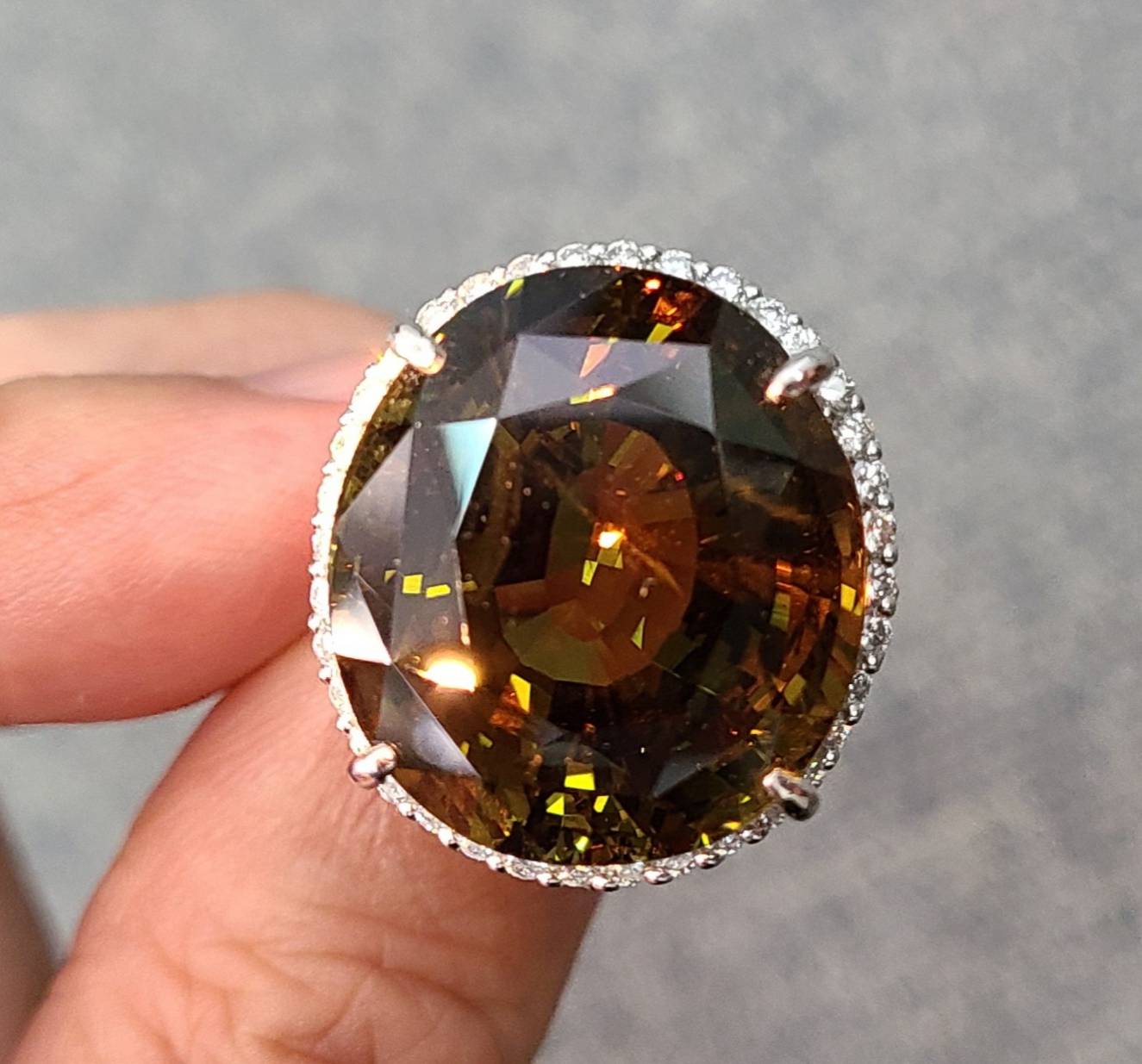The diamond industry operates as a sophisticated yet highly competitive field that depends greatly on the expertise and insight of diamond dealers. These professionals specialize in the buying and selling of the finest diamonds, playing a critical role in the global diamond trade.
What Do Diamond Dealers Do?
Professional gem dealers work as intermediaries between the primary sources and retailers, sourcing raw, uncut diamonds to be refined into polished gems destined for the public. The buying and selling process necessitates a strong understanding of quality, knowledge of market demands, in addition to exceptional negotiation skills.
A gem dealers knowledge often focuses on the well-known criteria of diamondscutting quality, color, clarity, and carat weight. Being well-versed in these elements allows a diamond dealer to evaluate the value of a diamond to finalize the price at which it can be sold. Such knowledge is invaluable for closing transactions in the cutthroat market of diamond dealing.
How Do Diamond Dealers Source Their Diamonds?
Diamond dealers commonly acquire their diamonds from numerous locations that are famous for their precious stone extraction, including South Africa, Siberia, Canada, and Australia. Such areas yield a large quantity of the world’s uncut stones, which are then sent to diamond markets in Antwerp, New York, the UAE (Dubai), and India.
Beyond sourcing diamonds from large-scale operations, some gem dealers obtain diamonds from auctions, wealthy owners, rare gemstones during estate auctions. This diversity of supply allows diamond dealers to provide a broad selection of diamonds, including lower-cost gems to exceptionally valuable gems.
 Building Trust in the Diamond Market
Building Trust in the Diamond Market
A strong reputation and trust are essential to the success of a diamond merchant. Given that diamonds carry immense value, buyers require total assurance that the stones they invest in are authentic and properly evaluated.
Therefore, dealers commonly turn to certificates of authenticity from reputable institutions like the Gemological Institute of America (GIA). Additionally, forming long-term connections with wholesalers and mining companies is critical in staying competitive in the diamond industry.

